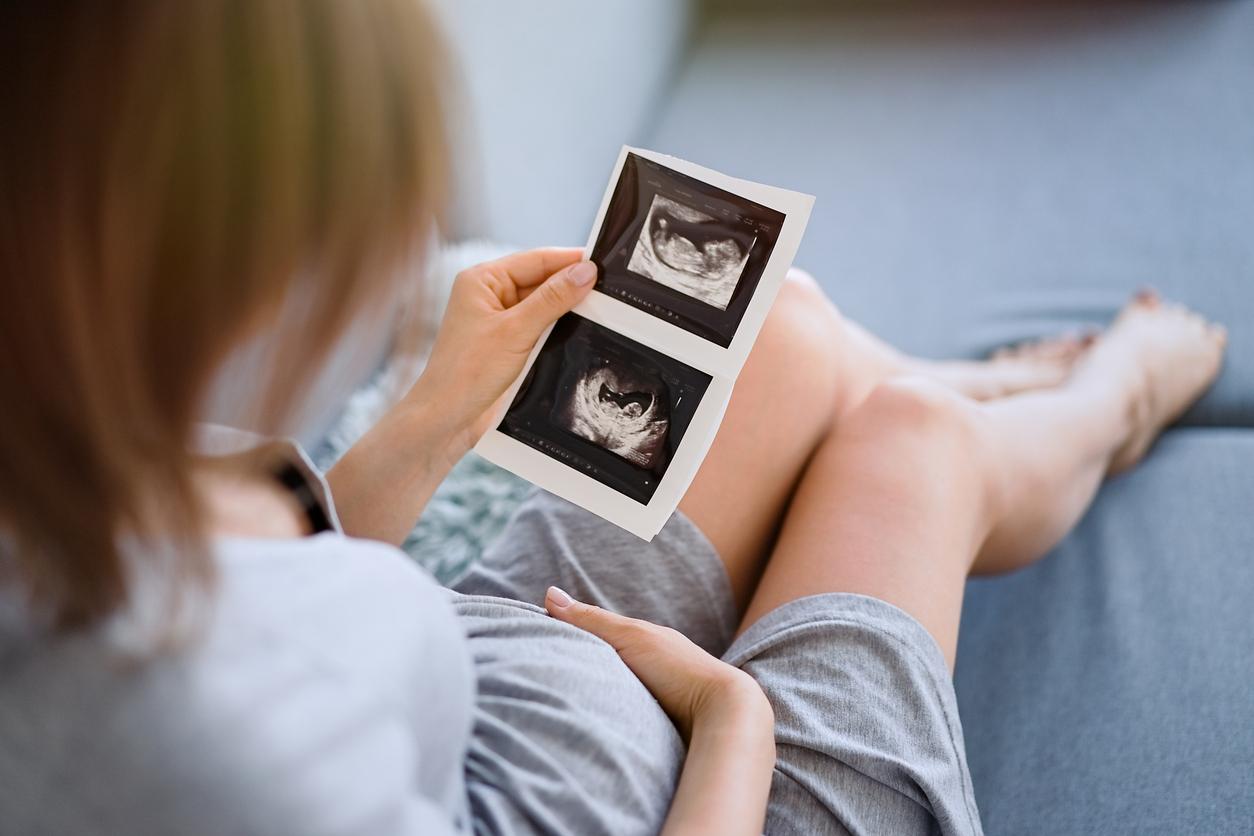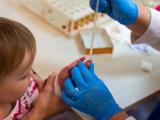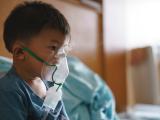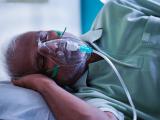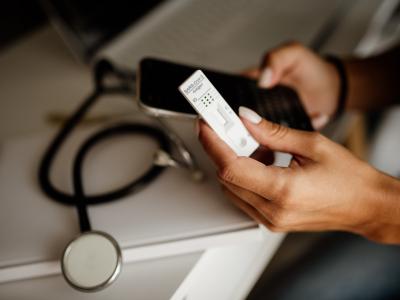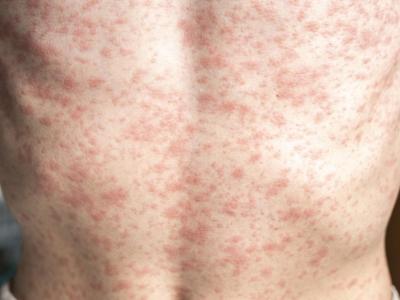If women perceive respiratory syncytial virus (RSV) to be a serious illness in infants, they are more likely to be willing to get vaccinated against respiratory syncytial virus in pregnancy, according to a new study based on the survey results of women who were pregnant or trying to become pregnant in the United States.
The study, published in Pediatrics, also showed that those with small children at home were also more likely to get vaccinated against RSV.
Almost all children contract RSV before age 2, with most cases mild, but in children 6 months and younger, infections frequently result in hospital or intensive care admission.
Last fall, the Food and Drug Administration approved an RSV vaccine for pregnant mothers. The current study was conducted before the RSVpreF (Abrysvo) vaccine was approved. Abrysvo is recommended to be given between 32 and 36 weeks of pregnancy.
40% said RSV serious, likely
A total of 1,528 participants were asked how serious they perceived RSV infections to be in infants, and how likely they thought it would be that their infant would contract RSV in his or her first 12 months of life.
Surveys were conducted from March 1 to March 20, 2023; 48% of study participants were planning to become pregnant, and 52% were currently pregnant.
Overall, 40% percent of respondents perceived that RSV illness among children is both serious and likely, 45% perceived RSV illness as serious but not likely, and 16% did not view RSV illness as serious.
Twenty percent said they had never heard of RSV, and 30% of respondents reported first hearing about RSV in 2022. Fifteen percent reported first hearing about it in 2021, and 36% reported hearing about it in 2020 or earlier.
Vaccination in past pregnancies linked to willingness
Study participants who had received Tdap or influenza vaccines in past pregnancies had significantly higher odds of being very likely to receive a future RSV vaccine during pregnancy, the authors said (odds ratio, 3.56; 95% confidence interval, 2.38 to 5.33).
"Among respondents who thought it was likely, as well as those who thought it was not likely, perceiving RSV illness in children as serious was associated with significantly higher odds of receiving a future RSV vaccine," the authors wrote.
Perceiving RSV illness in children as serious was associated with significantly higher odds of receiving a future RSV vaccine.
Respondents with the lowest predicted proportions of being very likely to receive a future RSV vaccine during pregnancy were those who thought RSV illness was not serious. Only 31% of respondents who said the virus was not serious said they would get the vaccine. In contrast, 63% of respondents who thought that RSV illness was both serious and likely reported they would be very likely to get vaccinated against RSV during pregnancy.
"Our findings clearly show that in order to increase RSV vaccination during pregnancy and spare infants from potentially severe infection, future parents need to be well informed about the serious risks RSV may pose to their child," said lead author Jennifer Saper, MD, MS, in a press release from Lurie Children’s Hospital of Chicago.
